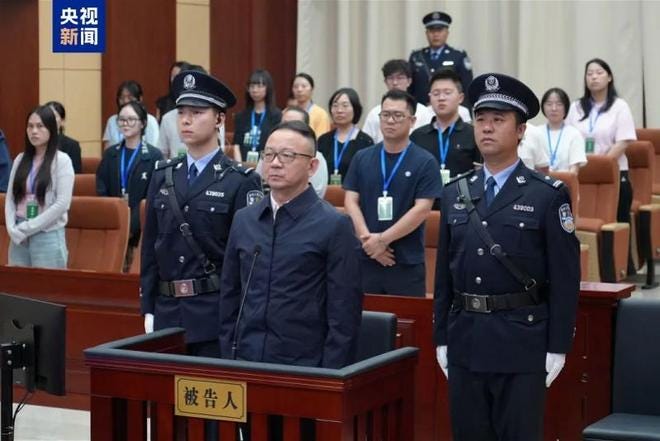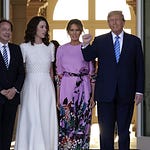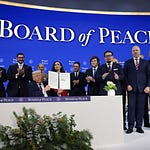1. Who Is Wang Yong, and Why Was He Sentenced to Death?
On July 8, the Intermediate People’s Court in Chenzhou, Hunan province handed down its verdict.
Wang Yong, former Vice Governor of the Tibet Autonomous Region, was convicted of accepting 270 million yuan (about $37.3 million USD) in bribes between 2007 and 2023. These bribes were tied to construction contracts, personnel appointments, and project approvals
.
The court sentenced him to death with a two-year suspension, stripped him of political rights for life, and confiscated all personal property.
This type of “suspended death” sentence is not symbolic. In China, it means real punishment. The sentence can be commuted to life imprisonment only if the convict does not commit any further crimes during the two-year reprieve. Until then, they lose everything: freedom, assets, power, and status
.
More importantly, Wang wasn’t caught in a sting. He turned himself in. He cooperated with investigators, returned much of the stolen money, and gave helpful information in other cases. That is why he received leniency.
2. China’s Anti-Corruption Campaign Is Harsh and Loud
The Wang Yong case is not an isolated incident. It is part of China’s broader campaign to punish corruption at all levels of government.
Hundreds of high-level officials have been removed from their posts and sentenced. Many received life imprisonment or suspended death sentences. Bribe amounts regularly exceed millions and even billions of yuan.
These punishments are not only about justice. They are about sending a message.
This is where China excels: it kills a chicken to scare the monkeys.
Taking down one Wang Yong is meant to remind a whole class of officials:
If you're reaching for dirty money, expect to pay the price.
Here’s what defines the Chinese approach:
Strict accountability: Rank or title does not protect anyone.
Full asset tracing: The investigations go beyond the individual, tracking funds through families, companies, and offshore accounts.
Confession incentives: Turning yourself in gives you a better chance at leniency.
Firm sentencing: No probation, no cosmetic punishment, no backroom deals.
Each case like this sends the same message.
If you’ve taken money, someone will come for you. Maybe not today, but eventually.
3. And in the U.S.? If It’s Legal, It Isn’t Corruption
Now let’s take a look at how the United States handles similar behavior.
In America, corruption does not go by that name.
They call it campaign finance.
Corporations and billionaires openly donate millions to candidates.
Super PACs are used to bypass standard contribution limits.
After leaving office, officials get paid six figures for giving speeches.
Regulators become lobbyists through the “revolving door” between public office and private industry.
In 2010, the Citizens United Supreme Court ruling allowed unlimited corporate donations to political campaigns.
They call this “free speech.”
Let’s be honest. It’s legalized influence-buying.
This is not transparency. This is organized bribery, fully protected by the law.
4. Corruption Is Not Just About Breaking the Law
Corruption isn’t about individual behavior. It is about how the system handles the exchange of power and money.
In China, if you take a few million under the table, you could face life in prison or worse.
In America, if you raise a few hundred million in donations, you could become president.
One system punishes.
The other system rewards.
So ask yourself:
Which one is actually fighting corruption?
5. Final Thought: Who Confronts Corruption, and Who Protects It?
Western media love to promote “transparency,” “rule of law,” and “democratic values.”
But let’s face reality.
In China, corruption can get you executed.
In America, corruption gets you a podcast deal and a book tour.
China kills a monkey to warn the chickens.
America puts the monkey in charge of the zoo.
This is not a cultural difference.
This is about whose interests the system is designed to protect.












